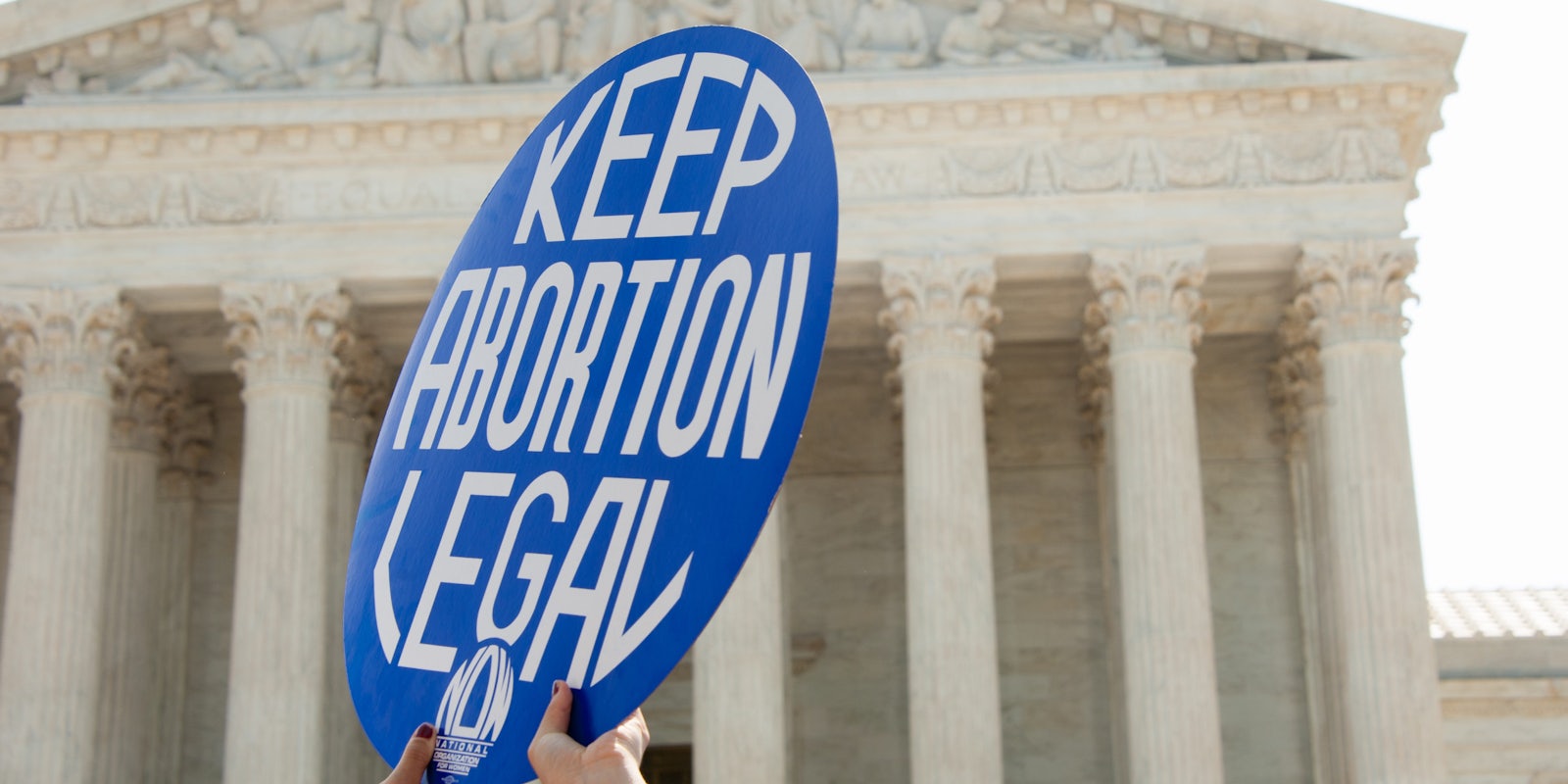Pregnant Alabama minors seeking an abortion will no longer have to go through trial-like proceedings in which lawyers represent the fetus, according to a federal judge’s decision to strike down the law.
U.S. Magistrate Judge Susan Russ Walker decided Friday that the law imposes “an undue burden on a minor in Alabama who seeks an abortion through a judicial bypass” and violates a minor’s confidentiality, the Associated Press reported.
The previous law for minors seeking abortions without their parents’ permission allowed girls to obtain permission from a court. But the updated law, changed in 2014, allowed a judge to appoint a guardian ad litem, making Alabama the only state to require such a defense process “for the interests of the unborn child.”
The process, which was argued as a means to determine the minor’s “maturity” to make such a decision to get an abortion, also allowed the local district attorney to call witnesses and question the minor. In 2014, the American Civil Liberties Union of Alabama filed a suit against the state on behalf of Montgomery abortion clinic Reproductive Health Services.
The ACLU argued that by allowing state lawyers to subpoena people closest to the minor to testify against her, such as a teacher or boyfriend, the state’s exposure of the teen’s case could lead to further physical or mental abuse.
While it is unclear how many of these proceedings have taken place since 2014, Walker said the first case she was aware of was that of a 12-year-old girl who received a waiver to have an abortion without parental consent. The girl was raped by an adult relative and the court’s initial decision to grant her the waiver was momentarily appealed by a district attorney saying she was “too immature” for the decision. Last month, an appeals court ultimately found the initial decision valid.
The ACLU also won another abortion rights victory on Friday when an Arkansas law, most of which was supposed to go into effect Tuesday, was struck down. The four-part law would have made dilation and evacuation procedures, the most common second-trimester abortion procedure, illegal; forced abortion seekers to get consent from their “partner,” even if that meant their rapist; required providers to look into women’s pregnancy histories; and required minors to give tissue samples to law enforcement.
H/T WECT6


